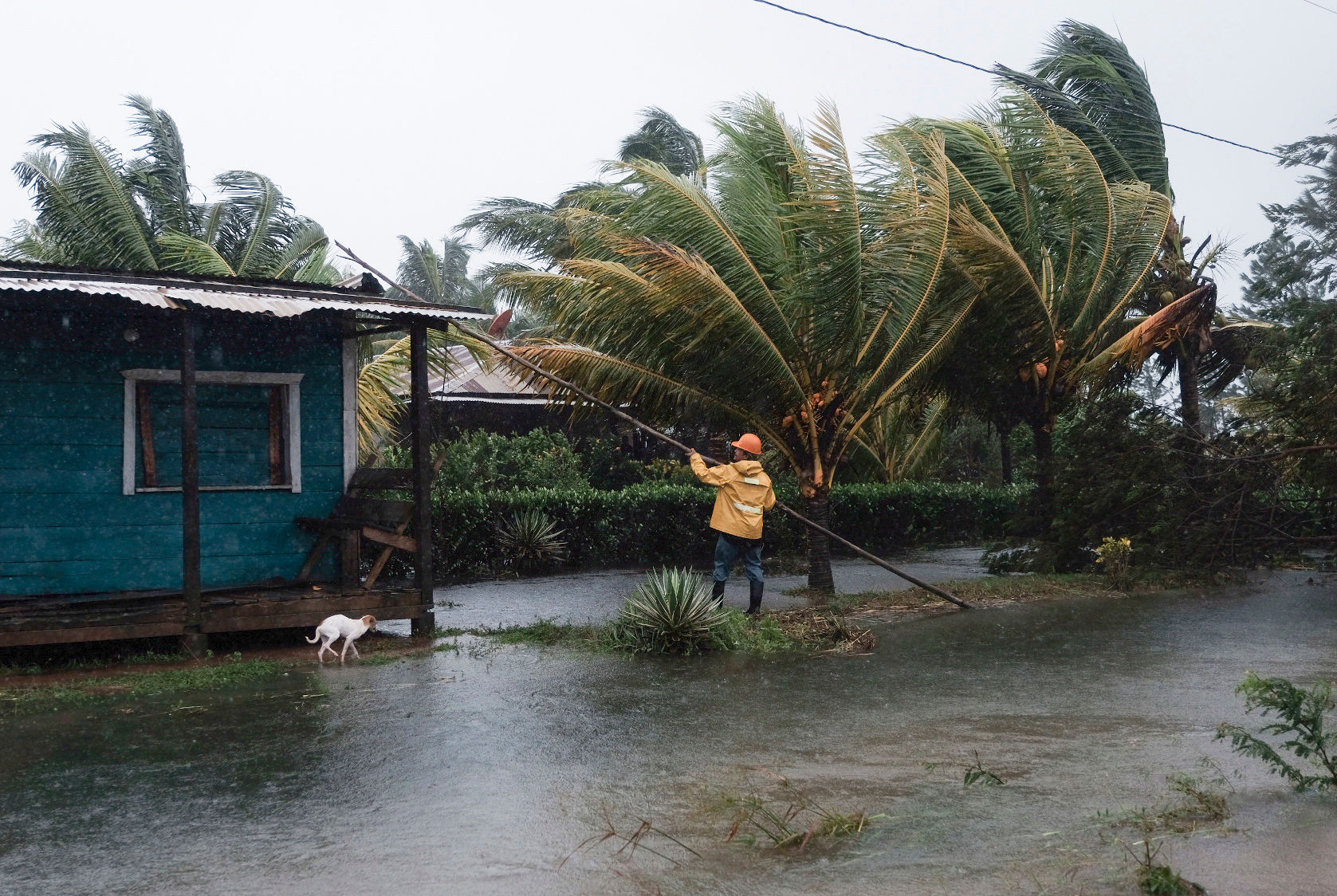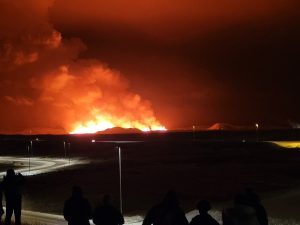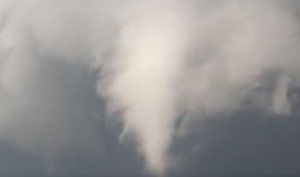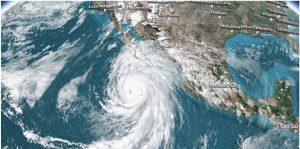Hurricane Elsa crossed through the Caribbean early Saturday, causing power outages and toppling trees, and is on its way to pile further misery on violence-wreaked Haiti. The Category 1 storm weakened slightly overnight and was packing maximum sustained winds of 75 miles (120 kilometers) per hour, news agency AFP reported.
The US National Hurricane Centre (NHC) said that at 8:00 am (1200 GMT), Hurricane Elsa was just south of Hispaniola — which is made up of Haiti and the Dominican Republic — and moving northwest at 31 mph.
“On the forecast track, Elsa will move near the southern coast of Hispaniola later today and tonight, and move near Jamaica and portions of eastern Cuba on Sunday,” news agency AFP quoted the NHC as saying.
“By Monday, Elsa is expected to move across central and western Cuba and head toward the Florida Straits,” it further added.
According to the NHC, Hurricane Elsa may cause tidal surges as much as five feet (1.5 meters) above normal on Cuba’s southern coast; up to four feet on the southern coast of Hispaniola; and up to three feet on the coast of Jamaica.
In Haiti, authorities raised the alert level to the maximum red on Saturday morning, warning the entire country to remain vigilant.
“Strong gusts of wind ranging from 118 to 130 kilometers (73 to 81 miles) per hour and dangerous sea conditions that could cause severe flooding, flash floods, landslides, mudslides and coastal flooding are possible, especially in the southern part of the country, as this cyclonic system approaches and passes through today,” Haitian civil protection authorities announced.
Officials in the impoverished country have voiced fears that they lack emergency supplies such as food and water.
The government recently had to use a good part of its emergency resources in another crisis: the evacuation of thousands of people from their homes in Port-au-Prince because of raging gang violence.
Many of these people are staying in gyms, schools or other public buildings, and some supplies originally earmarked for the hurricane season have been used to support them, said Jerry Chandler, director of the Haitian civil protection agency.
In 2016, Hurricane Matthew killed more than 500 people in southern Haiti and caused nearly $2 billion in damage.







